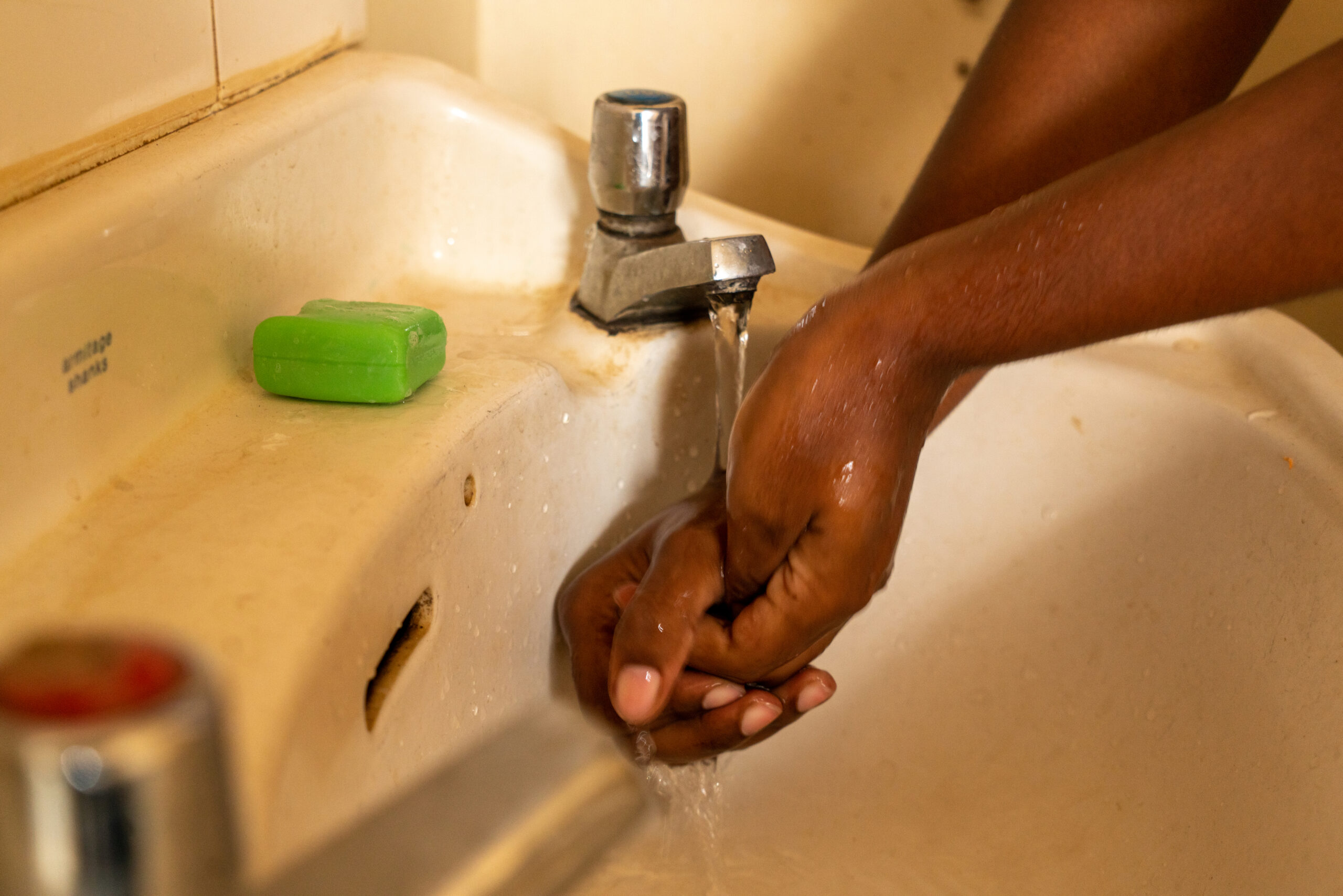By Destiny Uko
In a move to reinforce urban sanitation laws, a mobile court in Lagos recently sentenced 13 individuals to three months in prison for urinating and defecating in public. This high-profile enforcement complements a nationwide effort to address widespread challenges facing sanitation.
With over 48 million Nigerians still practising open defecation, public experts argue that punishment alone is not enough. Instead, states should prioritise root causes of infrastructure and public education to foster long-term sanitation strategies.
While the court sentence reflects Lagos’s enforcement resolve, many argue that street-level offenders are made to bear the brunt of what is an infrastructural challenge. Without accessible toilets, the argument runs, people may be driven to relieve themselves openly.
Amidst this, states have begun to ramp up action against open defecation. One example is Ogun State, where biodigester toilets have now been deployed to public areas as the
state advances toward Open Defecation Free (ODF) status by 2025. Under a WASH (Water, Sanitation, and Hygiene) framework, the state also deploys enforcement units to monitor sanitation compliance while enlightening schools and markets.
Similarly, Kwara is tackling the crisis through its “Clean Kwara” initiative, which partners with local NGOs to maintain toilets and water points in remote areas of the state while leveraging local languages to inspire public hygiene practices.
In states like Ondo and Cross River, the governments have joined forces with international organisations like UNICEF and WaterAid to expand access in densely populated towns by building more WASH facilities in schools, markets, and health centres.
Even in the Federal Capital Territory, new durable public toilets have now been installed on major highways, in motor parks, and in markets. Initiated by the Federal Capital Territory Rural Water Supply and Sanitation Agency (RUWASSA), these facilities are designed to provide hygienic options for long-distance travellers and low-income communities.
Meanwhile in rural Benue, a local model is helping to integrate WASH into maternal and child health campaigns, while Ekiti’s “Toilets-for-All” policy aims to instill sanitation habits in the young by including WASH education in its school curricula and public examinations, with a view to weed out open defecation across its towns and villages by 2026.
These examples show that true progress does not lie in punishing the poor but in building systems that protect everyone’s dignity and health. Functional, accessible, and clean public toilets are the foundation. Community education is also relevant, especially when it encourages local ownership. Collaborations with NGOs and donors can strengthen accountability and scale impact.
As states work towards an ODF status, they should promote school hygiene education by making WASH awareness part of the curriculum. Fines and community service should come first, while reserving jail terms for repeat offenders. Regular maintenance of these toilets should be enforced.
The recent sentencing in Lagos may have stirred national attention, but lasting solutions lie in what other Nigerian states are fulfilling: investing in sanitation infrastructure, empowering communities, and reshaping behaviours.
Ending open defecation should be about filling jails. Rather it should prioritise clean, safe toilets, restore dignity, and ensure that no Nigerian has to choose between health and the law.
A mobile court in Lagos sentenced 13 individuals to three months in prison for public urination and defecation, highlighting a national effort to address sanitation challenges. Despite the enforcement, experts argue that punishment is insufficient, and emphasis should be placed on addressing root causes like infrastructure and public education. Many states have initiated actions to combat open defecation. For instance, Ogun State is deploying biodigester toilets and aims for Open Defecation Free status by 2025, supported by the WASH framework. Similarly, Kwara State's "Clean Kwara" initiative partners with local NGOs to maintain sanitation facilities in remote areas, while Ondo, Cross River, and the Federal Capital Territory have expanded WASH facilities with international help.
The emphasis is on building accessible and clean public toilets and promoting WASH education in schools. Programs like Ekiti's "Toilets-for-All" aim to instill lifelong sanitation habits. The focus is shifting from punishing offenders to constructing supportive systems that uphold dignity and health. Successful state examples emphasize the importance of investing in infrastructure, empowering communities, and transforming behaviors over punitive measures, aligning with the broader goal of ensuring every Nigerian has access to safe, clean sanitation facilities.






